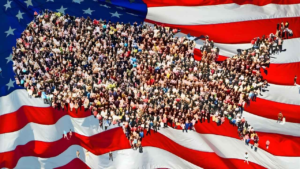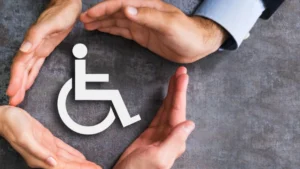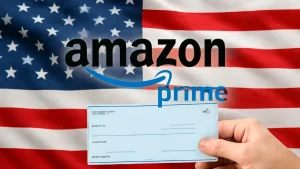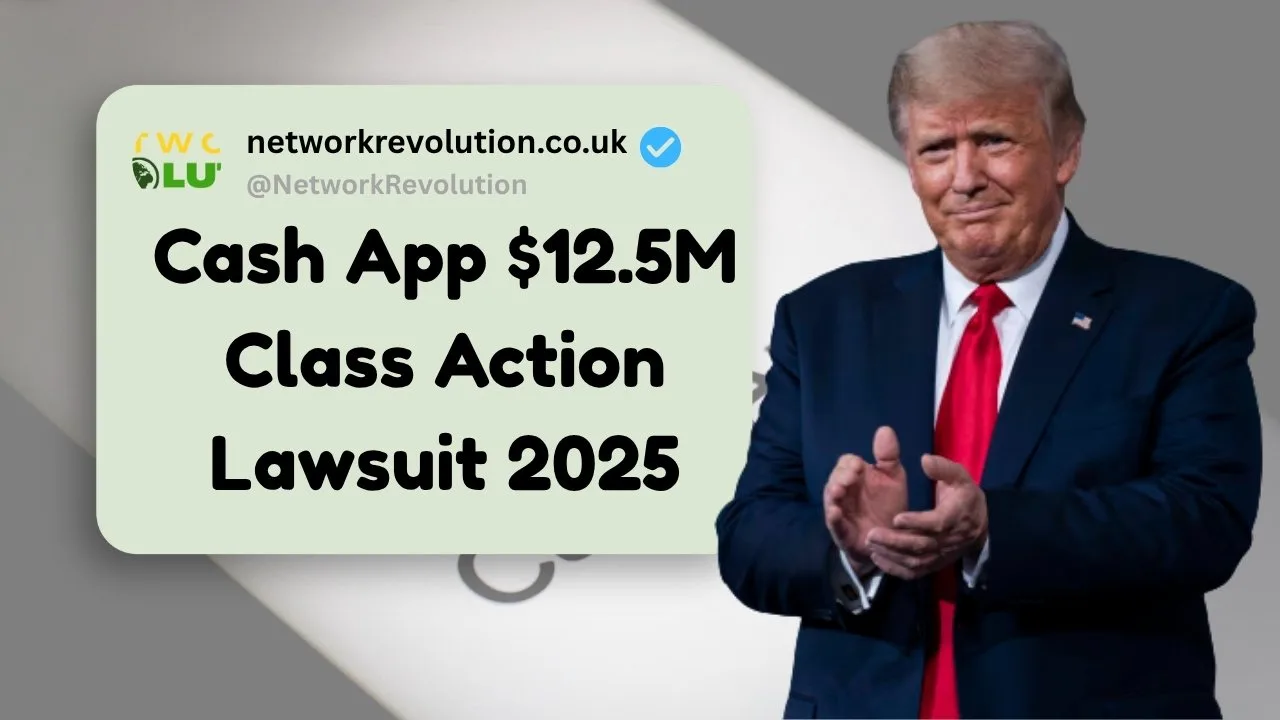In 2025, Cash App’s parent company, Block, Inc., agreed to a $12.5 million class action settlement after being accused of violating Washington’s spam communication laws. The lawsuit claims that the company’s “Invite Friends” feature sent automated marketing messages to people who never consented to receive them.

These messages, which many users described as “unsolicited promotions,” allegedly violated the Washington Commercial Electronic Mail Act (CEMA) and the Consumer Protection Act (CPA). While Block denies any wrongdoing, it has agreed to pay millions to resolve the issue and compensate affected users.
Consumer rights attorney Lisa Hammond, who specializes in data privacy cases, called the settlement “a significant reminder that digital platforms must comply with consent laws, even when users share promotions.”

Cash App $12.5M Class Action 2025 Settlement: Overview
| Topic | Details |
|---|---|
| Total Settlement Amount | $12.5 million |
| Eligibility Period | November 14, 2019 – August 7, 2025 |
| Eligible Location | State of Washington, USA |
| Estimated Payment | $88 to $147 per claimant |
| Claim Deadline | October 27, 2025 |
| Final Fairness Hearing | December 2, 2025 |
| Expected Payouts | Early 2026 (after approval) |
| Administrator | Official settlement administrator (listed on settlement website) |
How the Violation Happened?
The lawsuit centers around Cash App Invite Friends feature, which allowed users to share promotional referral codes via text. However, the texts were pre-written by Cash App and automatically included marketing language—such as:
“Hey! I’ve been using Cash App to send money and spend using the Cash Card. Try it using my code and you’ll get $5.”
Also Read The Old Farmer’s Almanac New Forecasts for Thanksgiving – a Rainy and Snowy Thanksgiving for Everyone
The Old Farmer’s Almanac New Forecasts for Thanksgiving – a Rainy and Snowy Thanksgiving for Everyone
Under Washington’s CEMA law, these types of automated or marketing-driven texts require the recipient’s prior consent. The plaintiffs argued that even though users initiated the referral, the language and automation made them commercial messages sent without permission.

According to digital privacy expert Dr. Kevin Morales, this case highlights a growing trend:
“Companies often rely on peer-to-peer marketing to boost engagement, but if the system automates the content, it becomes corporate advertising—subject to regulation.”
Also Read Amazon Started Issuing Checks to Eligible Prime Members – Check Who Qualifies for the Amazon Prime Refund?
Amazon Started Issuing Checks to Eligible Prime Members – Check Who Qualifies for the Amazon Prime Refund?
Eligibility Rules
To qualify for a share of the Cash App settlement, you must meet all of the following conditions:
- You were a resident of Washington State between November 14, 2019, and August 7, 2025.
- You received a Cash App promotional text from another user inviting you to join the app.
- You did not give prior consent to receive marketing communications from Cash App.
- You were not a Cash App employee or representative at the time.
If you meet these criteria, you can submit a claim online through the official settlement portal.
How to File a Claim?
Filing a claim takes only a few minutes:
- Visit the official settlement website.
(The website link can be found on your mailed or emailed notice.) - Enter your claim number or confirm your identity with your name, address, and phone number.
- Choose your payment method — direct deposit, PayPal, Venmo, or paper check.
- Submit your claim by October 27, 2025.
- Wait for approval and the final court decision in December 2025.
Once approved, the administrator will distribute funds, likely in early 2026.
How Much You Could Receive?
Payments depend on the total number of valid claims filed. The settlement fund is divided as follows:
| Fund Type | Purpose | Amount |
|---|---|---|
| Cash Settlement Fund | Payments to eligible users | $12.5 million total |
| Per-Person Payout (Estimate) | Based on number of claims | $88 – $147 |
| Average Expected Payment | After deductions and claims | ≈ $125 |
Attorney Rachel Kline, who represents several class action claimants, explained that payouts in such cases are designed to be proportional:
“If fewer people file, payments will be higher. But even at the lower end, this settlement is meaningful because it holds a major tech firm accountable for digital privacy.”
Timeline of Events
| Date | Event |
|---|---|
| Nov 14, 2019 – Aug 7, 2025 | Eligible period for receiving texts |
| Aug 2025 | Settlement announced |
| Oct 27, 2025 | Deadline to file a claim |
| Dec 2, 2025 | Final fairness hearing |
| Early 2026 | Payments expected to be distributed |
Why This Settlement Matters?
This case is about more than $12.5 million—it’s about privacy and consent in the digital age. Washington’s laws are among the strictest in the country regarding electronic communication.
Legal analyst Dr. Martin Weaver noted:
“The Cash App case sets a precedent that even ‘invite a friend’ tools can breach consumer protection laws if they blur the line between personal recommendation and corporate marketing.”
The decision could push other fintech firms, like Venmo, Zelle, and PayPal, to review their referral systems to ensure compliance.
What Happens Next?
The final court approval hearing is scheduled for December 2, 2025. If approved, the administrator will process payments soon after. Those who opt out of the settlement will retain the right to sue Cash App independently but will not receive any money from this fund.
Users are encouraged to check their eligibility and file their claims before the October 27, 2025 deadline.
FAQs
How much can I get from the Cash App settlement?
You could receive between $88 and $147, depending on how many people file valid claims.
Do I have to live in Washington now to qualify?
No, but you must have been a Washington resident when you received the promotional text between 2019 and 2025.
Do I need proof that I received a Cash App text?
In most cases, you won’t need to submit proof. The settlement administrator may verify eligibility through phone records and Cash App’s internal data.
When will payments arrive?
If the settlement is approved on December 2, 2025, payments are expected in early 2026.
Can I sue Cash App separately?
Yes, but only if you opt out of the class action by the specified date. If you file a claim, you waive your right to a separate lawsuit for the same issue.

